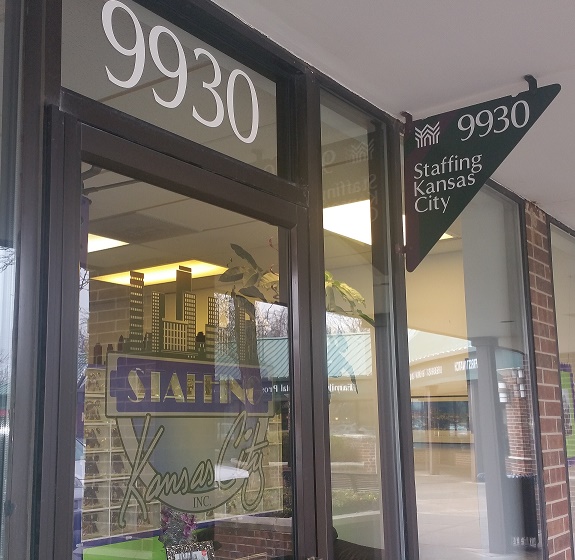
The move to legalize medical and recreational marijuana can often leave business owners wondering how to navigate what might or might not be protected by the Americans with Disabilities Act (ADA). The case of Maxson v. Baldwin recently made headlines by ruling that marijuana still remains an illegal drug under federal law.
The decision from the U.S. Court of Appeals for the Sixth Circuit found that marijuana user in the case was not protected by the Americans with Disabilities Act. The case featured an employee with a back injury who admitted addiction to prescription medications and alcohol. Marijuana was also used as a method of pain relief. Withdrawal symptoms that arose at work interfered with the employee’s ability to perform work. After testing positive for marijuana, the employee was terminated. There was also an arrest and a misdemeanor guilty plea for trying to obtain dangerous drugs, according to the record.
The Twist
The employee sued their employer, arguing the termination was really about an addition to prescription drugs and alcohol. This was noteworthy because alcoholism is a disability under the ADA. Employees who are alcoholics are still held accountable for meeting performance and standards of conduct at work.
The U.S. Court of Appeals for the Sixth Circuit found that an employee who is “currently engaging in the illegal use of drugs” is not entitled to the protections of the law. The U.S. Equal Employment Opportunity Commission (EEOC) offered the following guidance. Drug use is current if it “occurred recently enough to justify an employer’s reasonable belief that involvement with drugs is an on-going problem.”
The U.S. Court of Appeals for the Sixth Circuit found sufficient evidence of the employee currently using drugs in addition to admitted use of marijuana through the drug test and later withdrawal symptoms demonstrated at work. This excluded the employee from ADA coverage.
The Nuance
Employers need to be aware that even though ADA does not protect employees who use medical marijuana, the EEOC may require an employer to collaborate with the employee to decide if there is an accommodation available to meet the employee’s underlying disability. State laws may also provide employment protection(s) for medical and recreational use of marijuana.

